While legalization is becoming widespread, there are still millions of lives still affected by imprisonment. It is a continuing battle for those seeking amnesty from non-violent cannabis-related crime. We share some real-life stories of cannabis arrests and imprisonments from the US and The Netherlands.
We tell some harrowing tales of cannabis prisoners in the USA and Amsterdam. We also share some of the stories of celebrities who have been imprisoned at the hands of strict cannabis law. Though the Netherlands and the USA are among the most cannabis-friendly places in the world, they are also home to some of the most unjust stories of cannabis imprisonment. Cannabis is the most commonly used illicit drug in the world, and thus, cannabis users have been the easiest prey of the global War on Drugs.
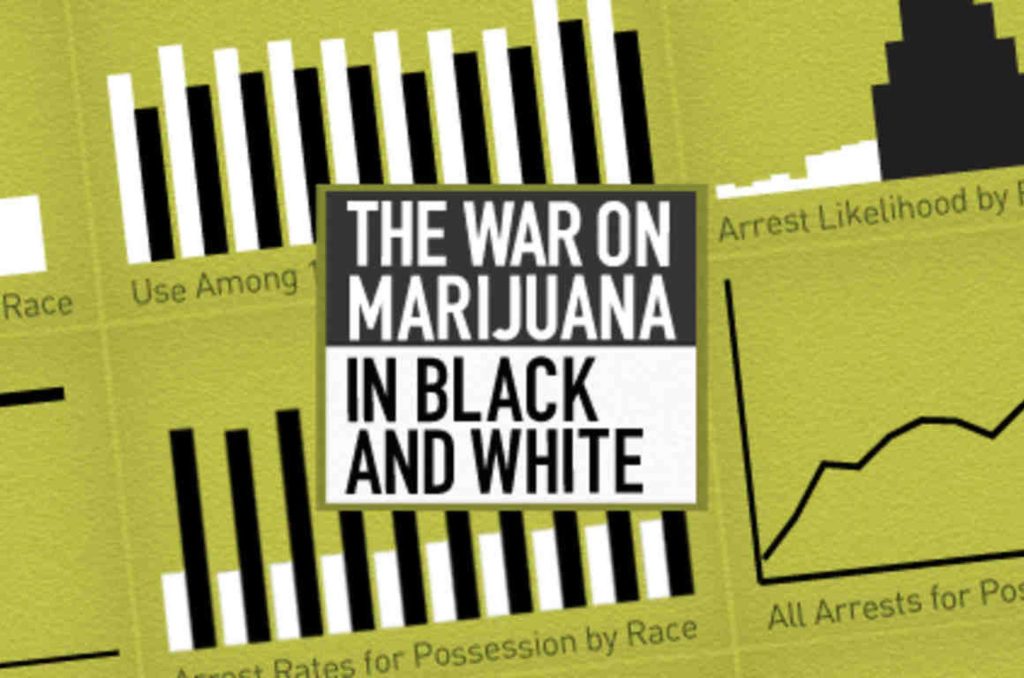
A few figures
In 2013, the U.S. human rights organisation, American Civil Liberties Union (ACLU), released a report on the failing war on drugs, focusing on cannabis. The report reveals, among other things, that:
- Between 2001 and 2010, more than 8 million people were arrested for cannabis
- Of those arrested, 88% of them were due to possession alone
- Over half (52%) of all drug arrests were for cannabis
- Of all drug arrests, 46% were for possession alone
- Someone was arrested for cannabis every 37 seconds in 2010
- Every year, more people are arrested in the U.S. for the possession of cannabis than for all arrests for violent crimes combined in the USA
Currently, more than three thousand people will never leave prison because of a non-violent drug offense. According to one report in 2015, the USA has spent a total $1 trillion on the War on Drugs since 1971. According to another, cannabis legalization would save the US government $7.7 billion per year in averted enforcement costs, and would yield an additional $6 billion in tax revenue.
Despite the economic impact, nothing compares to the social impact on those imprisoned. Families are destroyed and individuals lose everything all in the name of the War on Drugs. In reality, this is a war against people.
Below, we share some of the tales of those imprisoned for cannabis. These stories only make up a fraction of how many people are arrested for cannabis each year.
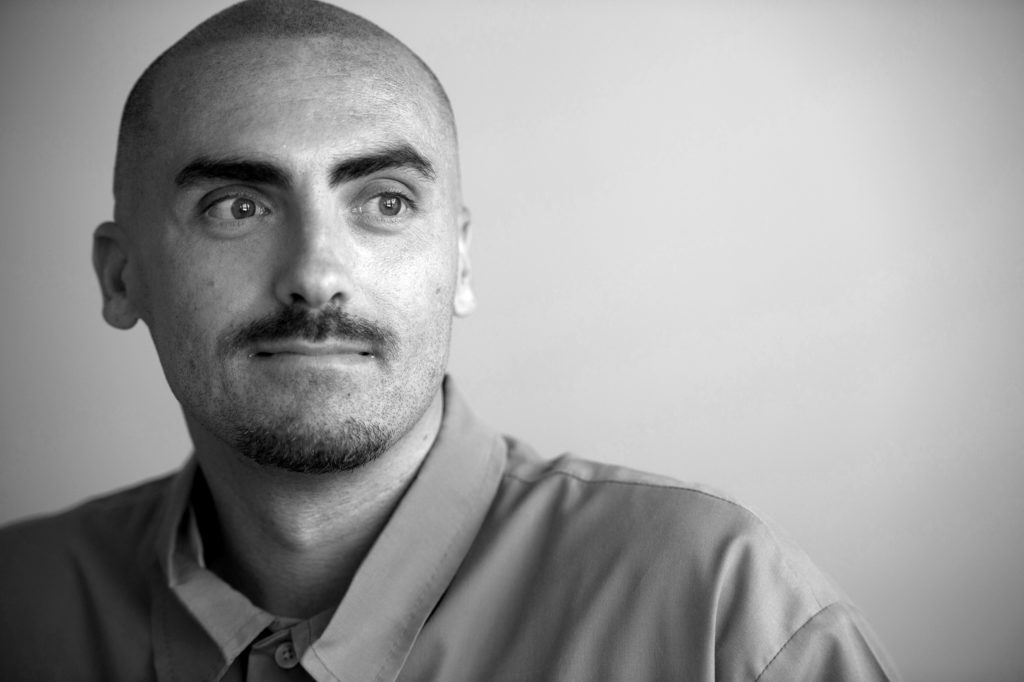
Weldon Angelos – 55 years for selling cannabis
In 2002 Weldon Angelos was a 23-year-old rising hip-hop artist from Salt Lake City (Utah) who worked with, among others, Snoop Dogg and Tupac Shakur’s Recording Group. He was a proud father of three children who grew up in a happy family. Angelos also sold cannabis and during that time, he mistakenly sold it to a police officer. Said police officer purchased cannabis from Angelos another two times and, after his arrest, Angelos was given five years for the first sale and 25 years for each subsequent sale.
Harsher, violent crimes often receive lesser penalties than Angelos’ 25 year sentence. Angelos had no prior criminal conviction and the nature of his offense was non-violent. He paid for that decision with his life.
To most, this does not seem just. Even the judge of this case admitted to its unjust result. Judge Paul Cassell called the sentence “unjust, cruel, and irrational”. But he could do little else than follow federal law.
Angelos was released from prison in 2016, years before his scheduled release date.
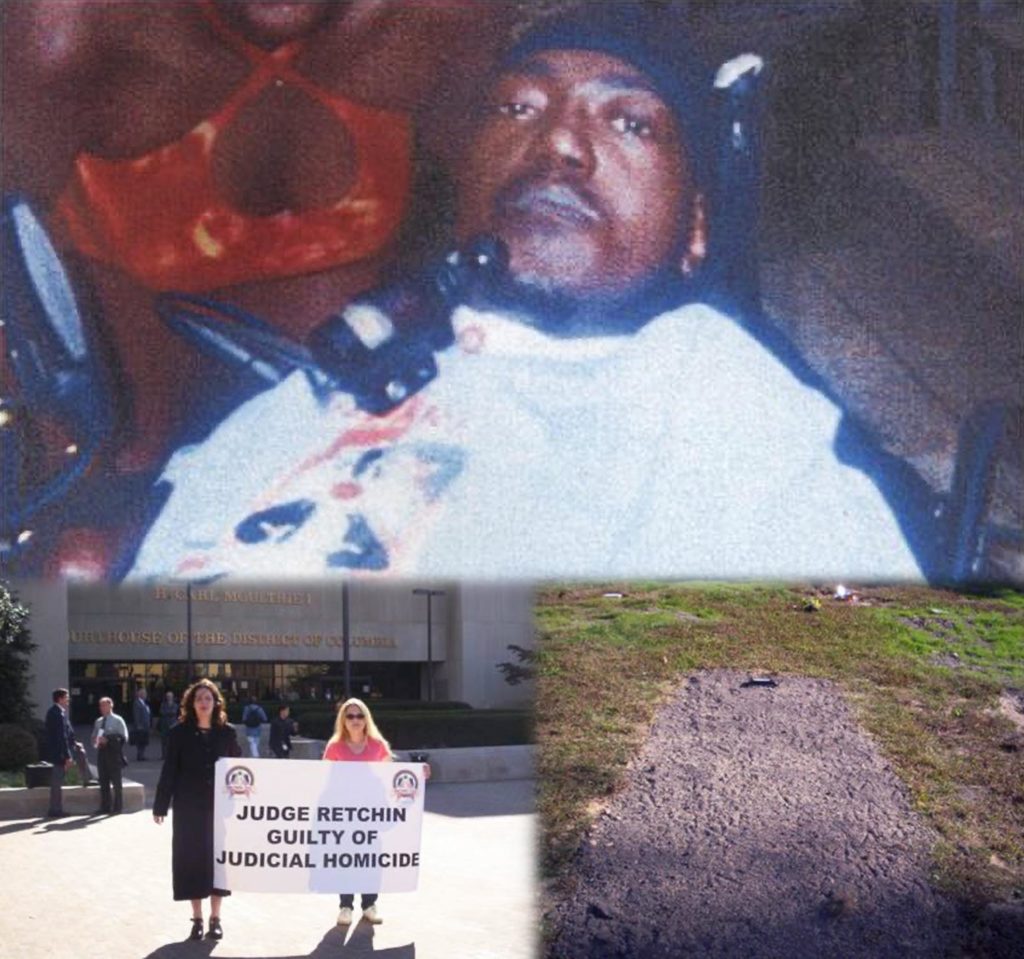
Jonathan Magbie – the death penalty
In 2004, Jonathan Magbie was arrested as a passenger in a car inside which a joint and a weapon were found. Magbie was largely paralysed from the age of four after a collision with a drunk driver. This resulted in him needing medical supervision 20 hours per day, which he did not receive while he was imprisoned for 10 days. Due to a lack of proper ventilation to support his breathing, he died after four days of detention. This turned Magbie’s punishment into a death sentence.
Jonathan Magbie’s mother has, with the help of the ACLU, sued the Columbia District and the Greater Southeast Community Hospital for inadequate medical care. This case was settled out of court.
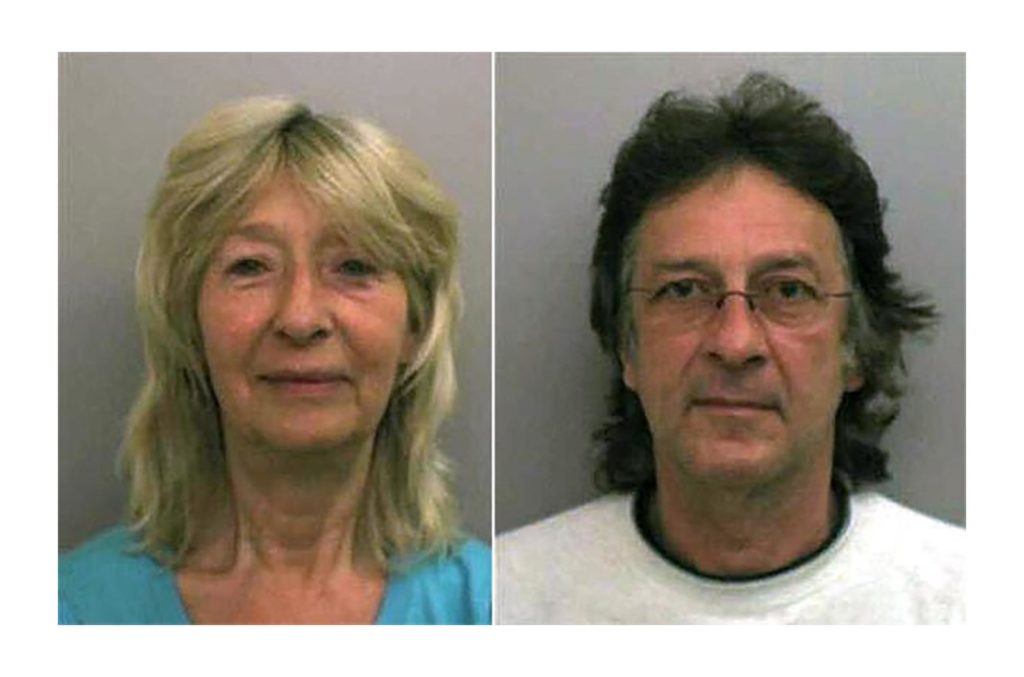
Michael Foster & Susan Cooper – the ‘Robin Hood’ duo behind bars
The United Kingdom also has an unjust cannabis policy. Although the penalties are lower, the stories are no less shocking. In October 2012, Michael Foster and Susan Cooper were sentenced to three years in prison for growing a large amount of cannabis on their farm in Lincolnshire.
What started as a hobby grew into a business with which the couple earned 400 thousand pounds in 6 years. On first appearance, they perhaps seem like criminals searching for a life of luxury. But that isn’t the case. The couple spent a lot of their money on social projects — something the UK government could probably afford to do if it legalized cannabis!
The couple certainly enjoyed life, but also donated a lot of money to schools in Kenya. They also paid the school fees for three children from a poor family and covered the expenses of a life-saving operation. Despite everything, they are currently in prison and also have to pay the government £60,000.

Easy, the horse – hounded to death
This story goes back a little further, but is very sad. It shows that animals are also victims of the war on drugs. In this case, it is the story of a black stallion by the name of Easy. Cheryl Humphrey exchanged one of her foals for Easy in July 1994.
Back at Cheryl’s ranch in Humboldt County, in the state of California, Easy was placed together with two other horses in a large field, where he could become quietly accustomed to his new surroundings. This was to be short lived, however. Not long after his arrival, the police decided – within the framework of the war on drugs – to explore the neighbourhood with helicopters. When a helicopter circled above the horses, Easy panicked, having never before seen a helicopter.
Despite his panic, the helicopter continued flying over the field. In an attempt to escape, Easy touched an electrified fence and hit his head on a pole. Cheryl had to have Easy put down a few days later as a result of irreparable injury.
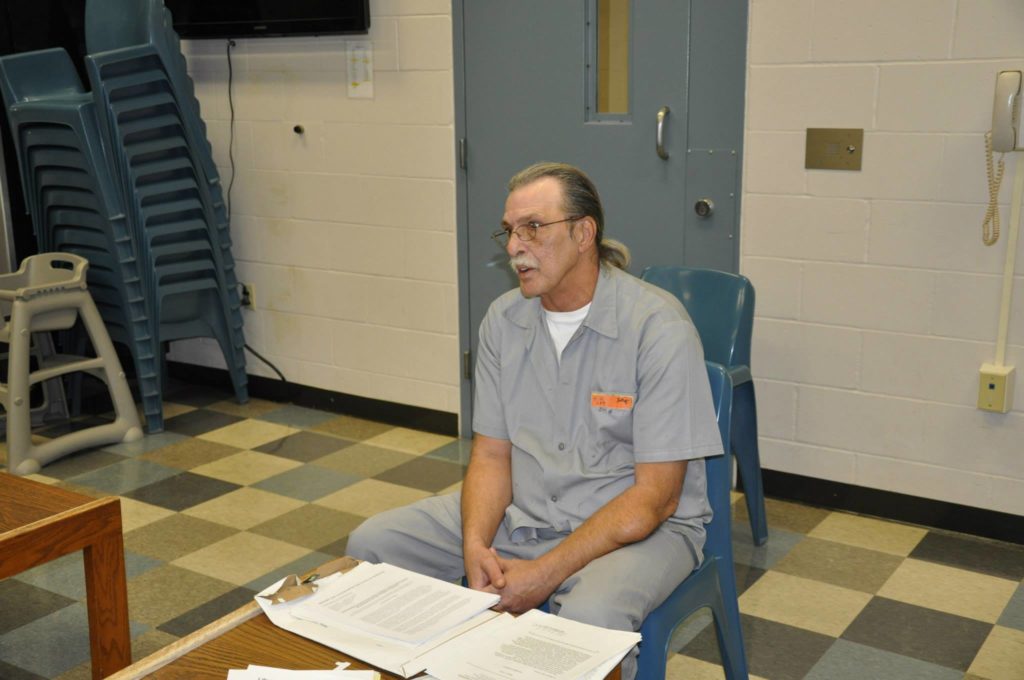
Jeff Mizanskey – life imprisonment
In 1993, Jeff Mizanskey’s life as a free man ended when he was arrested while giving a friend a lift. He did not know that his friend was picking up seven pounds of cannabis. Unfortunately, Mizanskey had two convictions to his name for cannabis-related offenses, both without violence, without weapons or other aggravating factors.
Although Mizanskey had never been in jail and had never committed a violent crime, he was sentenced to life. In the state of Missouri, drug offenders receive a maximum penalty of life in prison for a third offense, even if it is non-violent.
Jeff’s case received a lot of media attention and many people fought for his prison release. Finally, in 2015, two decades after he was imprisoned, Jeff was released from prison. Now aged 66 years old, Jeff told The Guardian, “I spent a third of my life in prison. It’s a shame.”

Les and Cheryl Mooring
The extent to which the U.S. disproportionately condemns cannabis is made clear in this story, which begins in the state of Arkansas. One day in February 1994, Les Mooring phoned his wife at work. “Can you come home immediately?” was his panicky request. Upon returning home, the garden was full of police; the 257 cannabis plants belonging to Les had been discovered.
Medicinal use
Les is one of the thousands of people who benefit medicinally from cannabis use. At age 17, he was involved in a car accident. As a result, he has an iron pin in his right leg and hip that 20 years later began to cause him problems. The pin affects his bones and he also suffers from insomnia. For six years, he used various pain medications and sleeping pills.
The sleeping pills caused him memory loss and the painkillers were addictive. However, like many others, Les discovered an alternative: the beneficial effects of the natural product, cannabis. Cannabis works well against both insomnia and the pain in his leg and hip. To ensure he had enough and quality medication, Les started growing cannabis himself.
From Arkansas to the DEA
After their arrest by the Arkansas state police, they were told that Les could receive a minimum of 12 years and his wife Cheryl, who does not use cannabis herself, possibly five years for complicity. However, the police made a proposal: in exchange for six names of drug users, they would become eligible for a reduced sentence.
Les and Cheryl were unable to comply with this request and, moreover, did not want to, because they did not want to contribute to the bizarre war on drugs. They preferred to take their responsibility and accepted going to trial where they pleaded guilty.
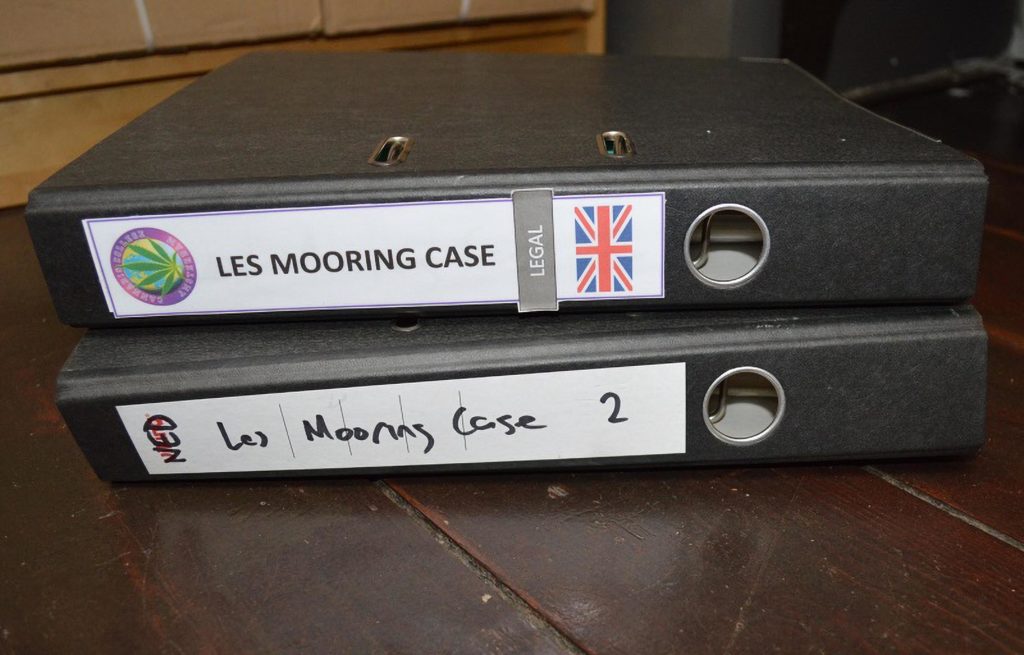
Out of frustration, the police passed on the case to the federal police; in this case the Drug Enforcement Administration (DEA). They were re-arrested and placed under federal legislation, as a result of which Les was suddenly able to be sentenced to 39 years and Cheryl to 18 to 29 years. In short, life for Les, a devastating punishment for Cheryl and a plausible end of their marriage.
Fleeing to the Netherlands
Oddly enough, the couple were sent home awaiting trial. In June 1994, they got on a plane to the Netherlands, fleeing a great injustice. In the Netherlands, they were taken in by friends and with the help of many, they built a life for themselves in Wassenaar. Both Les and Cheryl even had work; he as a gardener and she as a cleaner. Their fear of the police slowly faded and Les even began to grow a few cannabis plants again.
This peaceful time came to an abrupt end on 16 November 1995, when the couple was arrested. It is likely that the DEA got back on their trail after a phone call to the U.S., which for once was not made from a pay phone.
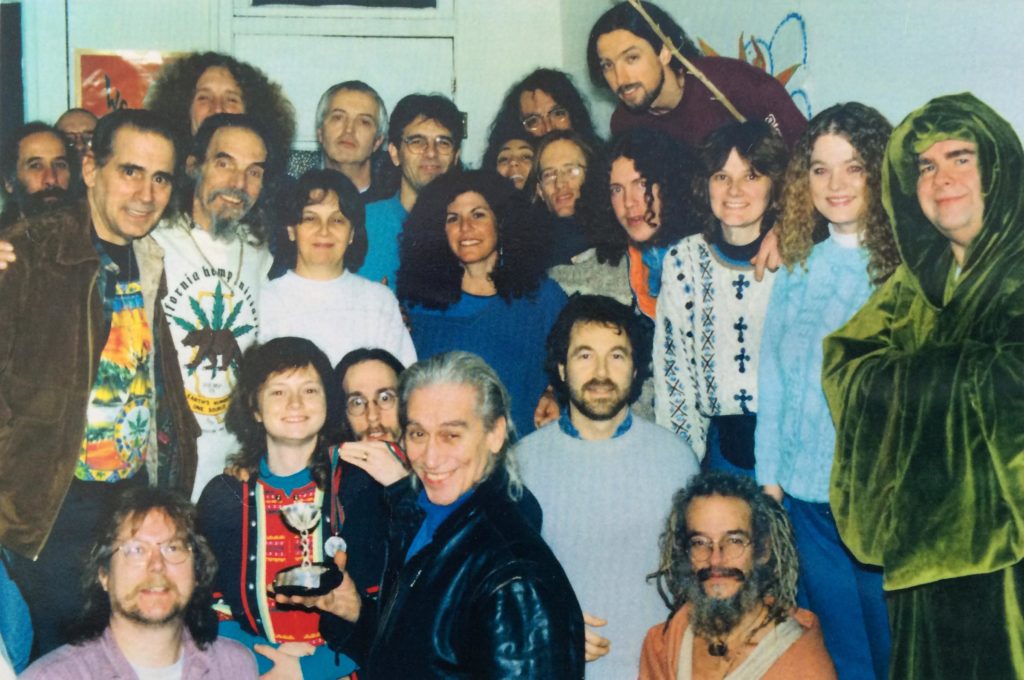
Green Prisoners Release Amsterdam
Many Dutch sympathised with the fate of the Moorings, especially given the absurdly high sentences they were facing. Among them was Henk Poncin. Together with a number of volunteers, this cannabis lover formed a group: the Green Prisoners Release Amsterdam.
This group contributed to the case, in particular by appealing to Winnie Sorgdrager, then the Dutch Minister of Justice, against the possible extradition to the U.S. Their petition in particular, signed by a large number of Dutch celebrities, created a lot of attention in the Dutch and International media. It was signed by the likes of Kees van Kooten and Wim de Bie (comedy duo), Remco Campert (poet), Peter Faber (actor), Geert Mak (lawyer, journalist and author), Hans Teeuwen (comedian), Simon Vinkenoog (poet) and Frans Weisz (film and television director).
All this attention even led to questions in parliament, including from the GroenLinks party, and involvement from the League for Human Rights and of various jurists.
Extradition
Les even sent a letter to the then Queen Beatrix on 28 April 1996 (her birthday), but to no avail. On 19 January 1997, the couple was extradited to the United States.
Were all these efforts in vain? No, fortunately not. Minister Sorgdrager managed to make a deal with U.S. Attorney General Janet Reno: Cheryl was given no more than 5 years and Les no more than 10 years in prison. It was also agreed that their flight to the Netherlands would not be punished. In exchange for Les’s confession, his wife was released immediately upon arrival. Les was sentenced to 10 years in prison on 12 June 1997.
Interestingly, complications arose in court about the circumstances of their arrest. The search undertaken in the first place was done unconstitutionally, as it was done without a warrant. The judge of the case acknowledged the injustice of subjecting Cheryl to federal drug law sentencing when she was not herself growing cannabis.
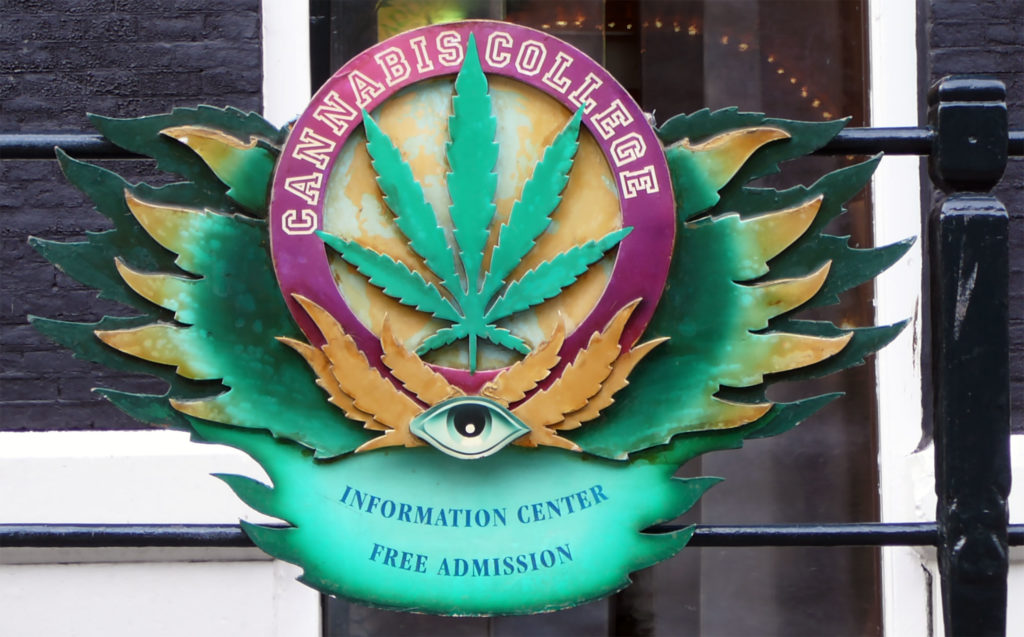
Cannabis College
The Green Prisoners Release Amsterdam became the Cannabis College in 1998. It is a foundation with a broader goal of facilitating a free information centre on everything to do with cannabis and hemp. The foundation survives through donations, including from Sensi Seeds.
Anyone who wants more information about cannabis and hemp, the recreational or medicinal use of cannabis, the industrial use of hemp, methods of use or history (including a small library) is welcome 7 days a week at Oudezijds Achterburgwal 124 in Amsterdam. The Cannabis College also organises regular lectures. Stay up to date via their Facebook page.

257 plants versus 140 million
At the same time of Les and Cheryl’s case, there was also a request from the United States to extradite Johan Verhoek (a.k.a. ‘De Hakkelaar’) for the smuggling of 83 thousand kilos of hashish. In both cases, there was a potential sentence of more than 20 years.
This reflects the bizarre framework of the drugs policy. The penalty for 257 plants is thus equal to 83 thousand kilos of hashish. However, hash is a concentrate and for this amount, approximately 140 million plants are needed. Cultivation in a barn versus an operation in which a floor area the size of Nepal is needed, with a penalty that is essentially equal. This is the madness of the U.S. War on Drugs.
The following section introduces some famous cannabis activists who have been detained for cannabis, yet used their sentence to create an even bigger stage on which to highlight the insanity of the War on Drugs. A tribute to those who have sacrificed a portion of their lives in the interests of the entire cannabis community.
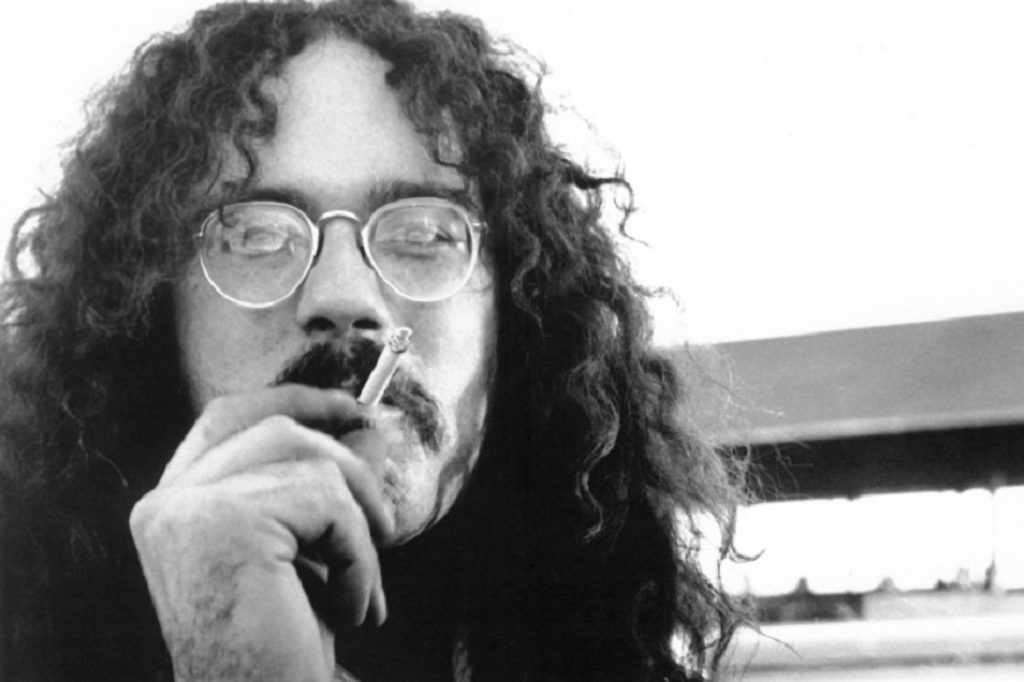
John Sinclair
John Sinclair (72) is an American journalist, writer, poet, jazz connoisseur, radio DJ and cannabis enthusiast from Flint, Michigan who currently resides predominantly in the Netherlands. In January 1965, he set up LEMAR in Detroit, an organisation focused on the legalisation of cannabis in Michigan. John was also the spokesman of LEMAR and he soon became a well-known advocate of the cannabis plant.
This fame also had a downside. In August 1965, John was prosecuted for possession of cannabis. He used the subsequent trial to bring attention to the vague cannabis laws in Michigan, but in the absence of a good lawyer, he was sentenced to six months imprisonment and two years of probation.
After his release, John continued with LEMAR, became involved in Trans-Love Energies, and began managing the band the MC-5. Because all of these groups opposed the narcotics laws, they encountered much opposition from the police.
10 years for possession of cannabis
In January 1967, the Trans-Love Energies started planning a big benefit concert to fund the planned activities of the group and to generate a funding buffer to be used in the event members were arrested for cannabis possession. Before the event took place, the police carried out a raid and arrested 56 people, including John Sinclair for the possession of two joints.
This was followed by a long legal battle that John fought in freedom. In 1968 the entire commune moved to nearby Ann Arbor, where they continued their activities under the name White Panther Party, a radical-left, anti-racist political collective under the leadership of the MC-5, entirely focused on the cultural and political revolution of the 60s.
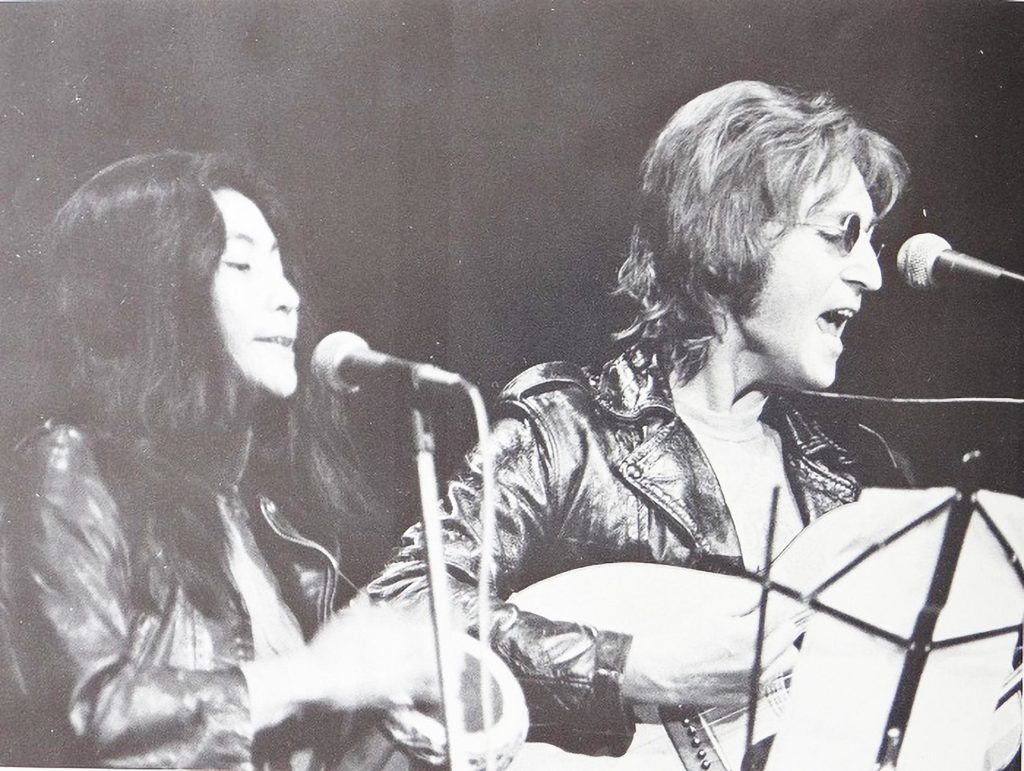
John Sinclair Freedom Rally
In July 1969, the verdict was announced. Despite the defence argument that cannabis is not a drug and therefore should not be punished at all or not severely, John was sentenced to 10 years in prison. This led to several protest rallies and concerts, culminating in the “John Sinclair Freedom Rally” on December 10, 1971. The rally attracted 14 thousand visitors and featured performances by Stevie Wonder, Allen Ginsberg and John Lennon & Yoko Ono, who even wrote a special song for John Sinclair.
John Lennon wrote a song in honour of John Sinclair appropriately called “John Sinclair”. Lennon performed this song on television, and the lyrics of the song lament over the unjust imprisonment – “They gave him ten for two – what else can the bastards do?”
All these initiatives, in addition to John’s appeal to the Supreme Court, ultimately led to the Council recognising that cannabis is not a narcotic. The penalty for possession of cannabis was shortened to one year. John was consequently released three days after the rally, and a further 140 people were released soon thereafter.
John Sinclair never stopped fighting for fair cannabis laws. This has contributed to Michigan being fairly liberal. It legalised medicinal cannabis in 2008 and it seems that the legalisation of recreational use will not take much longer.
The case went on to have many repercussions for American law. In 1972, Leonard Weinglass became John Sinclair’s criminal defense lawyer after Sinclair was charged with conspiracy to destroy government property. The case became the “United States vs. U.S. District Court”, and went on to prohibit the US government from using domestic electronic surveillance without a warrant.
The colourful life of John Sinclair was beautifully summed up in a documentary released in 2004 titled Twenty to Life: The Life & Times of John Sinclair.

Marc Emery
Marc Emery (56) is a Canadian politician, advocate of reformed cannabis laws, publisher and seller of cannabis seeds. Marc was the publisher of the Cannabis Culture Magazine, one of the founders of the Freedom Party of Ontario, the Marijuana Party of Canada and the BC Marijuana Party. He is also the founder of the Iboga Therapy House and founder of Pot TV. In 1996, 2002 and 2008 he made a bid for mayor of the city of Vancouver. In short, a pro-cannabis activist with a large platform and a lot of followers.
After a visit to the High Times Cannabis Cup in 1994, he, partly through his introduction to Sensi Seeds, became inspired to start a seed company. He did just that and shortly after his visit to Amsterdam, he launched Hemp BC. A year later, Marc was featured on the cover of The Wall Street Journal with his seed company, which led to considerable media attention. It earned him even more fame, but also led to a series of raids and lawsuits. A number of trials, brief detentions and fines followed, but never led to a serious conviction.
This changed on July 29, 2005 when his seed business was closed down at the urgent request of the U.S. Drug Enforcement Administration (DEA). They believed that Marc was a drug dealer who traded on U.S. territory and incited people to cultivate and use cannabis. The DEA did not leave it at that. They wanted Marc extradited to the U.S.A. On May 10, 2010 Justice Minister Rob Nicholson ruled that Marc Emery could be extradited to the United States, where he was sentenced to 5 years imprisonment in a U.S. federal prison.
What the U.S. federal court system, however, did not realise is that this story only brought Marc’s views more attention: a free and fair cannabis policy. There was a huge amount of publicity for this case, which his wife Jodie significantly contributed to.
On July 9th, 2014, Marc was released, and on the 12th of August, he arrived back in Canada.
Howard Marks
Described by the press as both “the most sophisticated drugs baron of all time” and “the nicest criminal ever”. The life of Howard Marks (68) cannot really be summarised in a few paragraphs. This article would however be incomplete without him, so we have included this very brief summary of his extraordinary life.
In his younger years, Howard Marks studied at various universities and earned, among others, a degree in nuclear physics and post graduate qualifications in philosophy. During his studies, he used cannabis and even sold some to friends. This became more serious when a friend persuaded him to replace a smuggler after they were arrested in Germany. Howard consequently met Muhammad Durrani, a Pakistani hashish exporter, for whom he did some jobs.
Howard quickly made a career as a hash dealer. Through his charisma and extensive network, he had connections with the British Secret Service, the IRA, the Mafia and the CIA, and he even collaborated with some agencies.
When he felt the law was closing in on him in different countries and after friends of his were arrested or in prison, Howard decided to quit in 1988. He was however arrested in that same year as a result of a long-term investigation by the DEA and Scotland Yard, assisted by numerous law enforcement organisations around the world. Howard was extradited to the United States where he was sentenced to 25 years in prison and fined 50 thousand pounds.
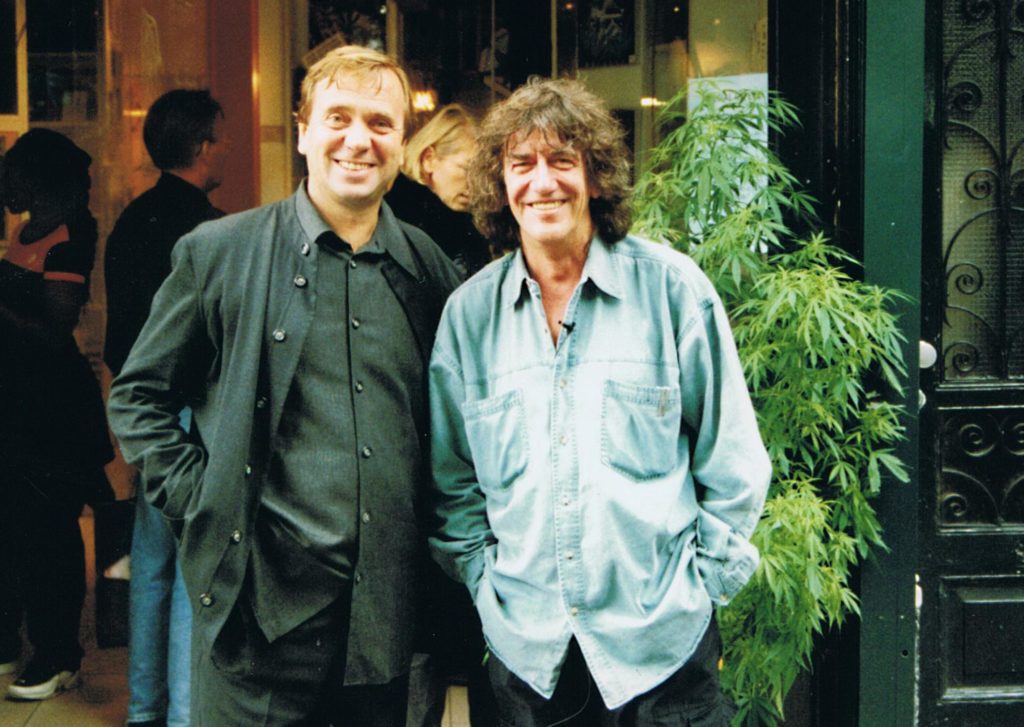
In January 1995, the papers were signed for Howard’s conditional release after a prison officer testified that he was a model prisoner who spent much of his free time devoted to helping his fellow prisoners. Howard Marks was released after 7 years of imprisonment.
Although Howard earned a lot of money smuggling cannabis, he is a strong proponent of the legalisation of cannabis. After his release, he stood for election to the British Parliament with only one goal: legalisation. He managed to win 4 seats. This led to the formation of the Legalise Cannabis Alliance (LCA). He is also a frequent guest on television programmes, he lectures and regularly tours the country with a one-man show, in which cannabis and his turbulent life as a smuggler still play an important role.

Anyone who wants to know more about Howard Marks can read his autobiography ‘Mr. Nice’ – named after one of his many aliases.
Sensi Seeds has created the strain Mr. Nice G13 x Hash Plant to honour Howard Marks and his work.
Help those convicted
The stories above are just the tip of the iceberg, but indicate how disproportionately people are punished for cultivating a plant, and for possessing, selling or using its flowers. There are organizations dedicated to campaigning for cannabis amnesty such as Cannabis Amnesty in Canada. In fact, Cannabis Amnesty has made giant headway in achieving amnesty for pure possession and non-violent cannabis-related crimes.
The more the globe deviates from the War on Drugs, the more apparent it becomes that racial politics played an enormous role in the incarceration rates for cannabis-related crime, both in the USA and Canada. Amnesty is the attempt to right that particular aspect of the War on Drugs, something that legalization alone will never rectify.
Anyone can send the US President a letter by contacting the Pardon Attorney, who assists the President in the exercise of clemency. The address is:
The Pardon Attorney
1425 New York Ave NW, Ste 11000
Washington DC 20530
The United States of America
Are there any notable cases we missed? Please let us know in the comments!
- Disclaimer:While every effort has been made to ensure the accuracy of this article, it is not intended to provide legal advice, as individual situations will differ and should be discussed with an expert and/or lawyer.









Hi, I hope that this message can somehow get to Les. I was a friend of Les and Cheryl in the Netherlands. We knew each other for several years, I wrote to Les the entire time he was jailed in the U.S. When he was a free citizen in North Carolina, my husband and I went to visit Les. We lived in Ireland at the time and soon after lost touch. But, for 14years now we have been back in California, in fact a very important town to the Cannabis growing, Carpinteria.
Pass on my best regards and the reason I found him is we were telling a Colorado friend of ours his and our story. I decided to try and locate him, I knew he had been living in Colorado for awhile, but I know nothing else.
I hope he is well and living a happy and free life.
Carol
Good afternoon Carol,
Thanks for your comment,
I’m sure if Les is reading this, he will be thinking of you.
If any readers know of anymore information that can help Carol, please let us know 🙂
Have a beautiful day,
Best of luck!
Mark
This is really informative on a case I’ve known about my entire life. Les Mooring is my uncle (my mom’s big brother) and an inspiring, intelligent, witty, wonderful human being. The weekend of my teenage years were spent at Federal Prison Camp on Seymour Johnson Air Force Base in Goldsboro, NC. My country’s so-called “war on drugs” disgusts me to no end. It never ceases to amaze me when I come across sites and organizations who basically state my Uncle is basically a celebrity in the cannabis world! Due to their case, and my uncle’s awesome wit and extremely open mind, I have not only learned a lot about cannabis that helps my own mental and physical health, but I learned to keep an open mind from a young age…..and I will try my absolute best to raise my babies the same way. Thanks for the article! I’m going to bookmark this site to check as my daily news reading! 🙂
Hi Sherri!
Thank you so much for sharing your story! Your uncle is indeed an inspiration to the whole community. I hope you continue to enjoy the blog.
With best wishes,
Scarlet
Crazy story and very interesting. would I be able to share this to my Facebook page? I asked Les if posting this up would be ok also and he is fine with it. He is one of my employees at my hydro store @grofaxnorth. Thanks for the article. Hearing it from Les is just as crazy!
Hi John,
Thanks for commenting, I’m glad you enjoyed the post. Please do share it on whichever social media platforms you choose!
With best wishes,
Scarlet